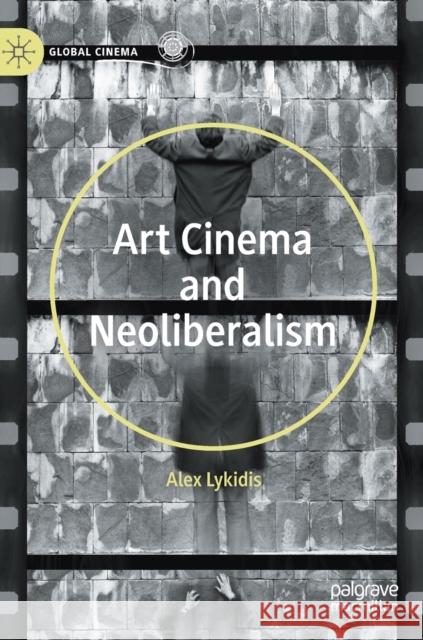Art Cinema and Neoliberalism » książka
topmenu
Art Cinema and Neoliberalism
ISBN-13: 9783030610050 / Angielski / Twarda / 2021 / 264 str.
Art Cinema and Neoliberalism
ISBN-13: 9783030610050 / Angielski / Twarda / 2021 / 264 str.
cena 402,53
(netto: 383,36 VAT: 5%)
Najniższa cena z 30 dni: 385,52
(netto: 383,36 VAT: 5%)
Najniższa cena z 30 dni: 385,52
Termin realizacji zamówienia:
ok. 16-18 dni roboczych.
ok. 16-18 dni roboczych.
Darmowa dostawa!
Kategorie:
Kategorie BISAC:
Wydawca:
Palgrave MacMillan
Seria wydawnicza:
Język:
Angielski
ISBN-13:
9783030610050
Rok wydania:
2021
Wydanie:
2020
Numer serii:
000437922
Ilość stron:
264
Waga:
0.48 kg
Wymiary:
21.01 x 14.81 x 1.75
Oprawa:
Twarda
Wolumenów:
01
Dodatkowe informacje:
Wydanie ilustrowane











